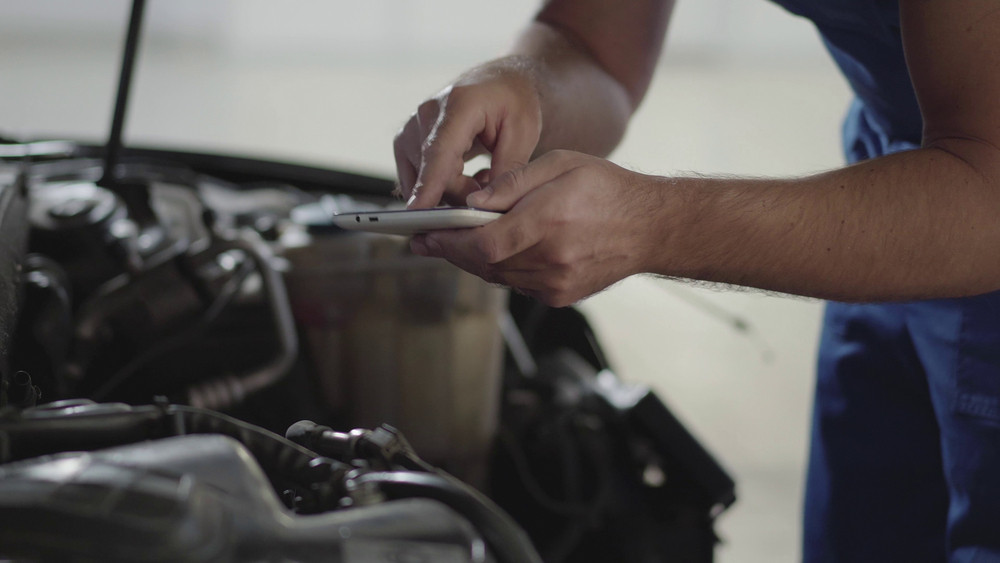Getting your car repaired can often be a stressful and costly process. With so many moving parts, diagnostic tools, and layers of technical jargon, it’s easy to make mistakes that end up costing more than necessary. Many drivers also feel pressured to make quick decisions, which can lead to agreeing to services they don’t fully understand. To help you confidently navigate the repair process and make informed choices, we’ve compiled a list of common mistakes to avoid when visiting the shop to get a car fixed.
Always Seek a Second Opinion Before Approving Repairs
One common mistake is not seeking a second opinion. Many car owners rely on the first quote they receive without questioning it. According to ConsumerAffairs, there were over 243 million licensed drivers in the United States as of 2023, meaning mechanics are handling numerous clients daily—sometimes leading to oversights or inaccuracies. To protect yourself, it’s wise to request estimates from at least two or three auto shops to ensure you’re getting a fair and accurate price. Comparing multiple quotes not only helps identify potential overcharges but also allows you to find a mechanic who aligns with your budget and expectations.
Communicate Clearly to Avoid Misunderstandings and Unnecessary Costs
Another frequent error is failing to communicate effectively with your mechanic. It’s essential to describe the issue with your vehicle as clearly and thoroughly as possible. Poor communication can lead to misdiagnosis or unnecessary repairs that inflate your bill. Don’t hesitate to ask questions about any recommended work or the reasoning behind it—understanding the details can save you both time and money. If possible, bring along a list of symptoms or noises you’ve noticed, as this can help the technician pinpoint the root cause faster and avoid guesswork.
Keep Detailed Service Records for Long-Term Savings and Value
Many vehicle owners underestimate the importance of keeping thorough records of repairs and maintenance. Documenting your car’s service history not only keeps you informed but also assists mechanics in diagnosing future issues more efficiently. Comprehensive records can also help prevent recurring problems and increase your car’s resale value down the line. Organized documentation makes it easier to track warranties, confirm parts replacements, and maintain a consistent maintenance schedule, ensuring your vehicle remains reliable for years to come.
Being proactive and informed is key when you need to get a car fixed. By avoiding these common mistakes—seeking multiple quotes, maintaining open communication, and keeping detailed records—you’ll enjoy a smoother, more cost-effective repair experience. The better prepared you are, the fewer surprises you’ll encounter throughout the process, giving you peace of mind every time you hand over your keys. For reliable service and expert diagnostics, call Chase Automotive Repair for your next appointment.

